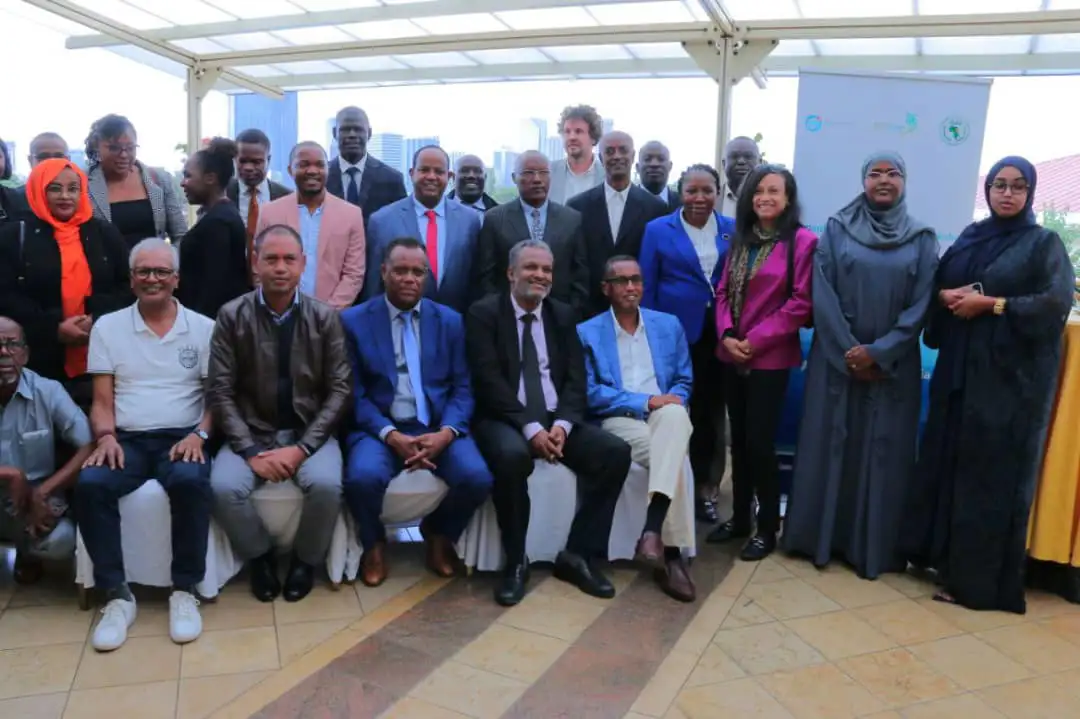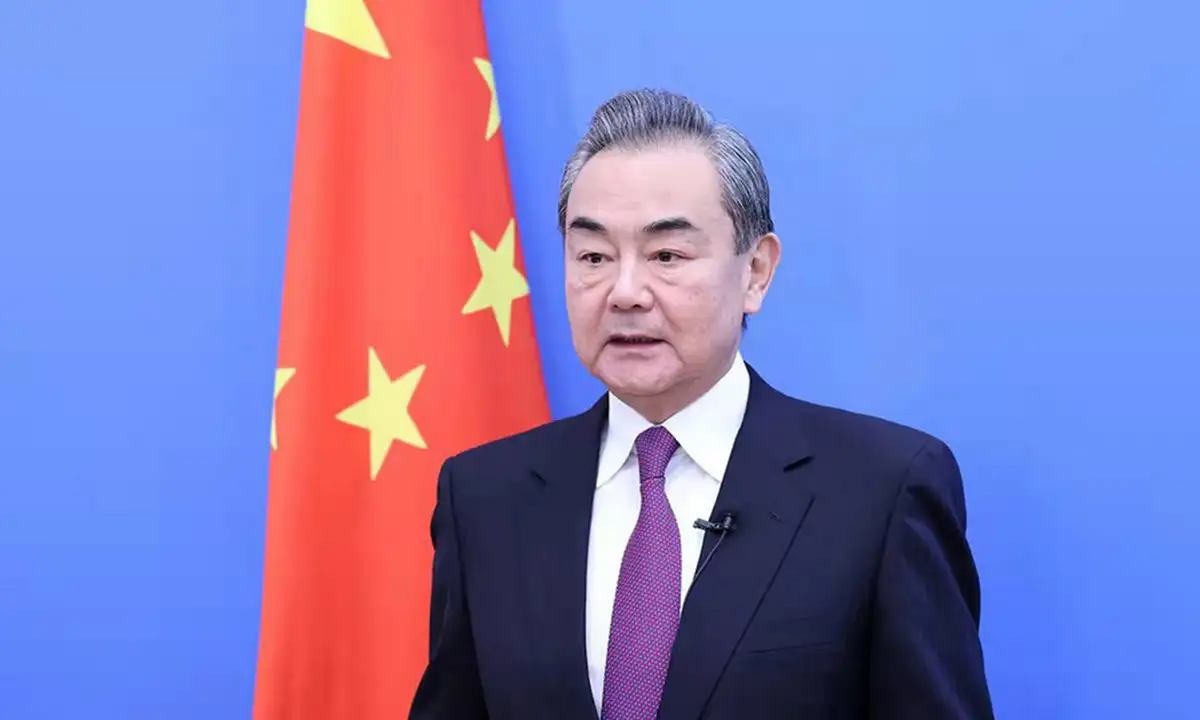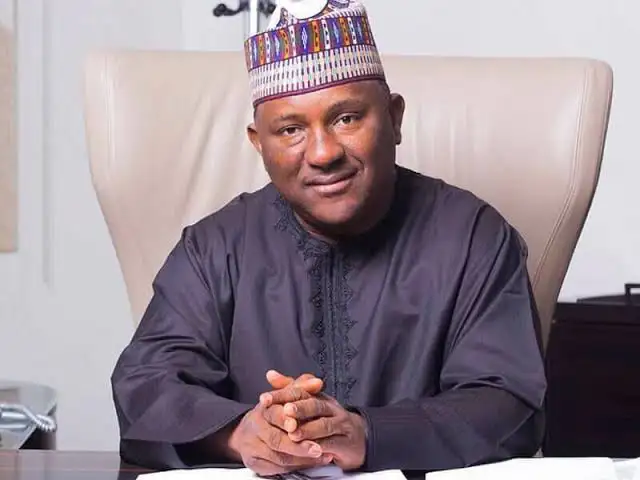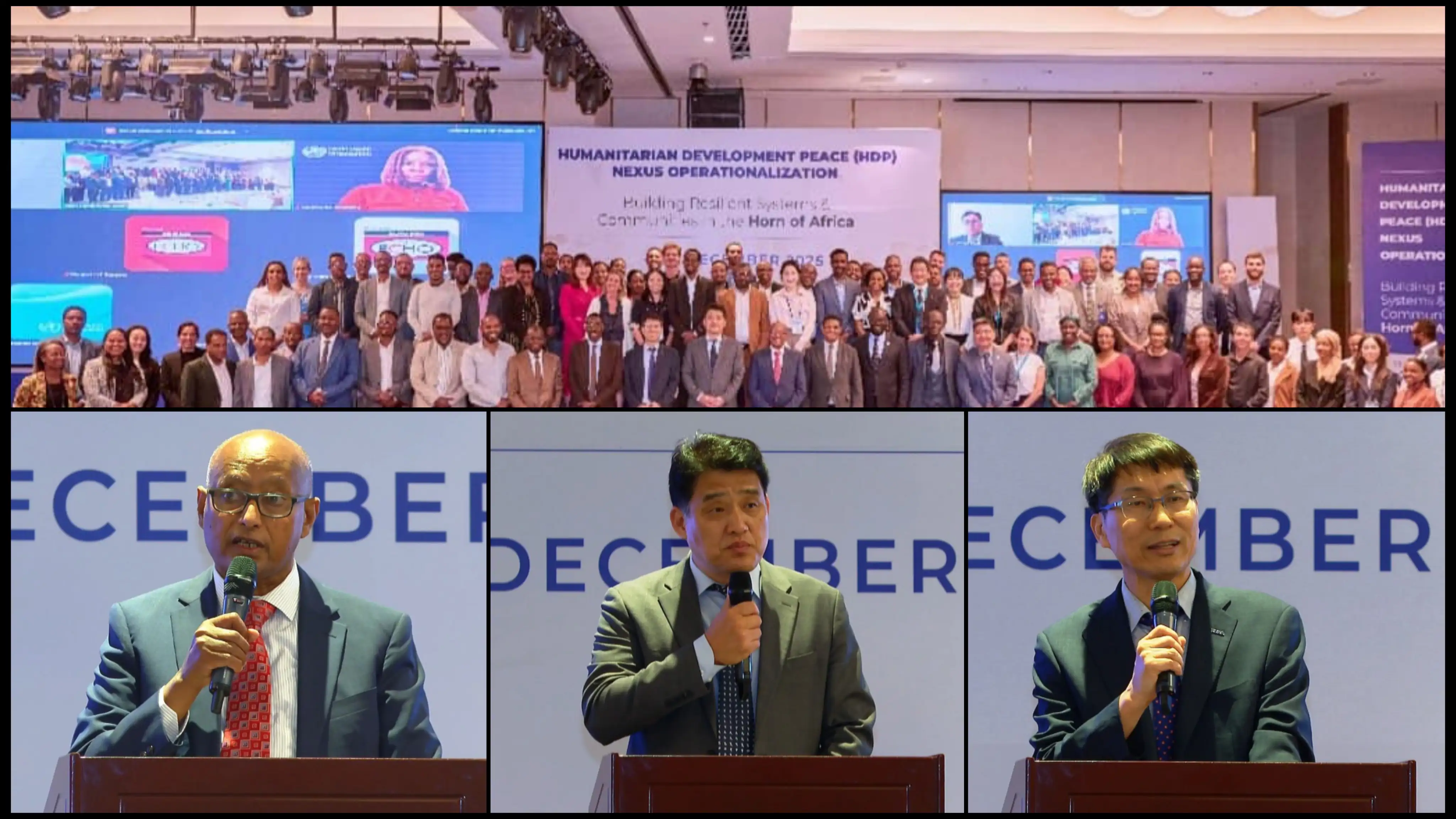By: Goshu Melisew
The Intergovernmental Authority on Development (IGAD) has urged member states to work collectively to develop and regulate the region’s underutilized fisheries sector, which has the potential to produce more than three times its current annual output.
Speaking at the Blue Economy High-Level Consultation and Validation Workshop in Addis Ababa, IGAD’s Fisheries and Blue Economy Representative Daher Elmi said the region’s marine and freshwater resources – including the Red Sea, Indian Ocean, Nile River, Lake Victoria, and Lake Turkana could yield over 3.5 million tonnes of fish annually, yet actual production stands at just 1 million tonnes, with 85% coming from inland waters.
Elmi warned that ineffective governance, weak monitoring, corruption, and poor infrastructure have hindered the sector’s growth, noting that illegal, unreported, and unregulated (IUU) fishing, particularly in Somali waters, is depriving local communities of vital economic benefits.
“The region’s sustainable fisheries development requires a coordinated regional approach that promotes sustainability, cooperation, and innovation,” Elmi said, adding that IGAD is working to establish a Monitoring, Control, and Surveillance (MCS) Coordination Center modeled on best practices from other regions.
State Minister for Agriculture, Fikru Regassa (PhD), reaffirmed Ethiopia’s commitment to the IGAD Blue Economy Agenda and the Sustainable Fisheries Strategy calling for stronger regional cooperation to ensure sustainable fisheries governance. He said Ethiopia, despite being landlocked, has significant freshwater fishery resources from transboundary rivers and diverse lakes, and is making progress in aquaculture through its 10-year master plan.
Highlighting the bounty of the basket initiative – which focuses on livestock and fishery commodities Fikru said Ethiopia aims to triple its fish production and is advancing innovations such as mono-sex male tilapia fry production. He also pointed to the Grand Ethiopian Renaissance Dam (GERD) as a future source of major fisheries and aquaculture opportunities.
“The initiative for establishing the IGAD Fisheries Coordination Center offers a thoughtful approach to addressing overfishing, fragmented governance, climate impacts, and illegal, unreported, and unregulated fishing,” Fikru stressed the importance of strengthening institutions, involving stakeholders, and ensuring sustainable financial practices.
Maminiana Marc, Officer in Charge at the Indian Ocean Commission, noted that the IGAD region holds vast untapped fisheries potential and urged member state governments to adopt supportive policies and strengthen collaboration to fully harness these resources.
The three-day workshop brings together national fisheries authorities, regional organizations, development partners, and civil society to produce an agreed framework and governance structure for the IGAD Fisheries Coordination Center, along with a roadmap for its implementation, while enhancing intra-regional fish trade.




